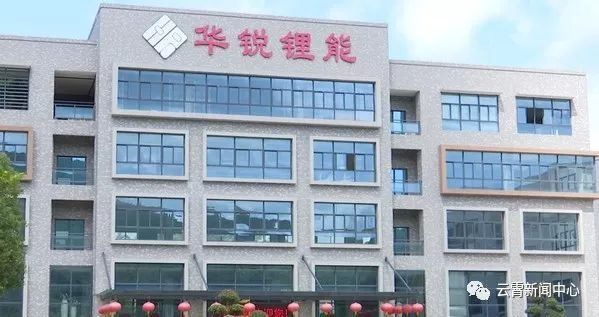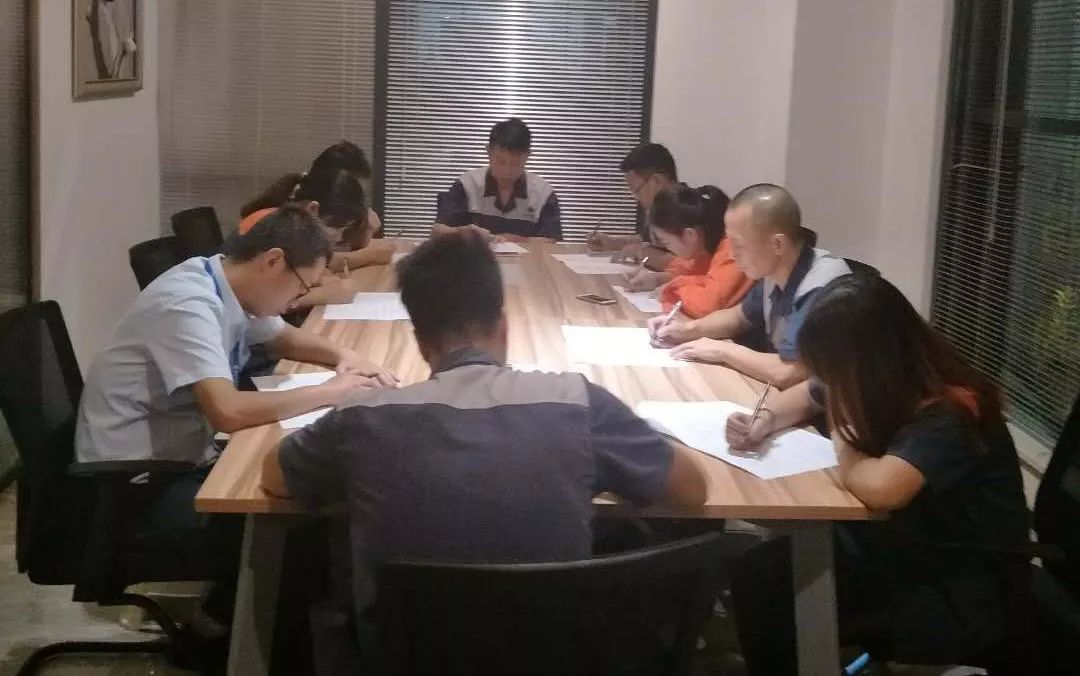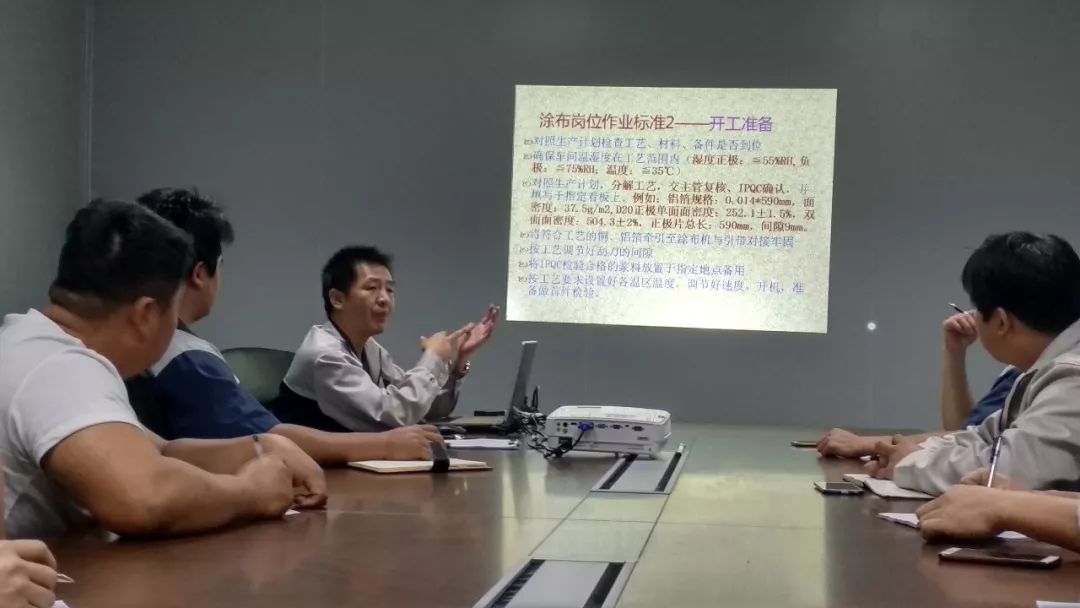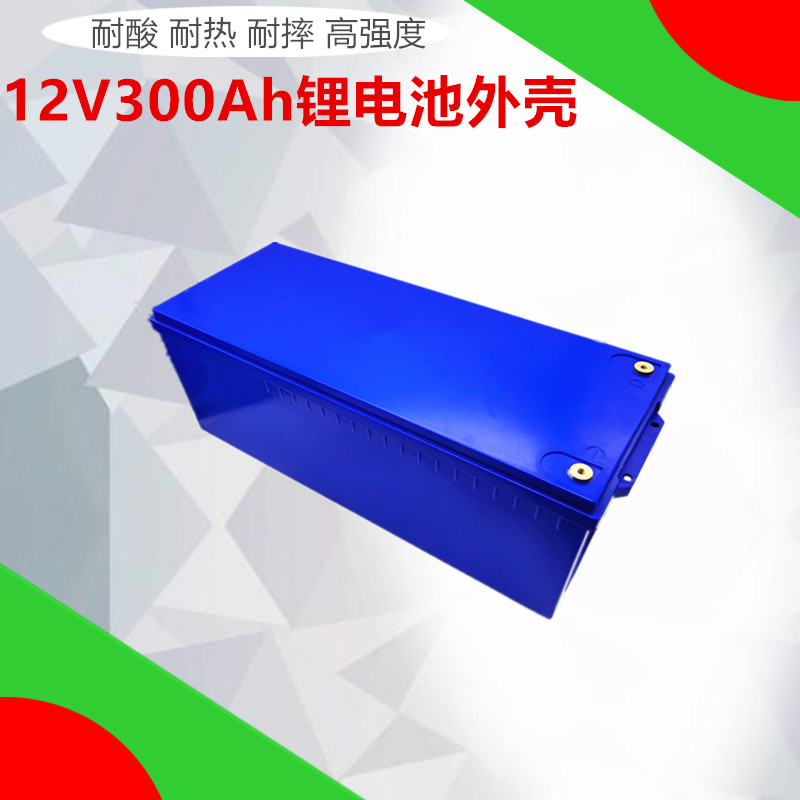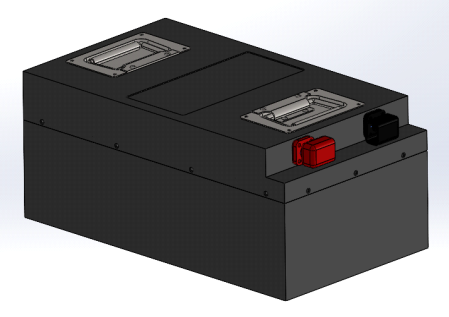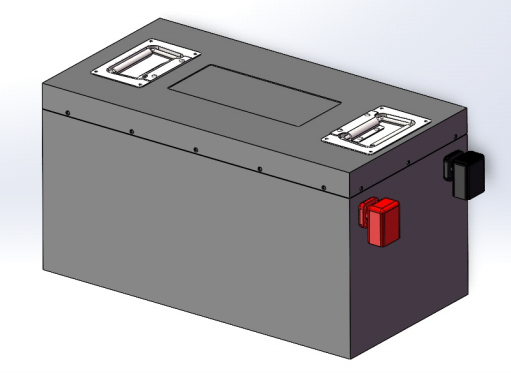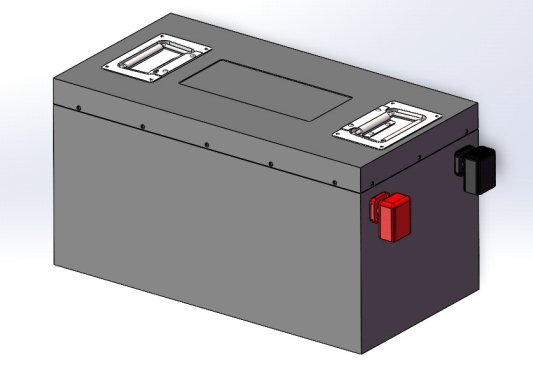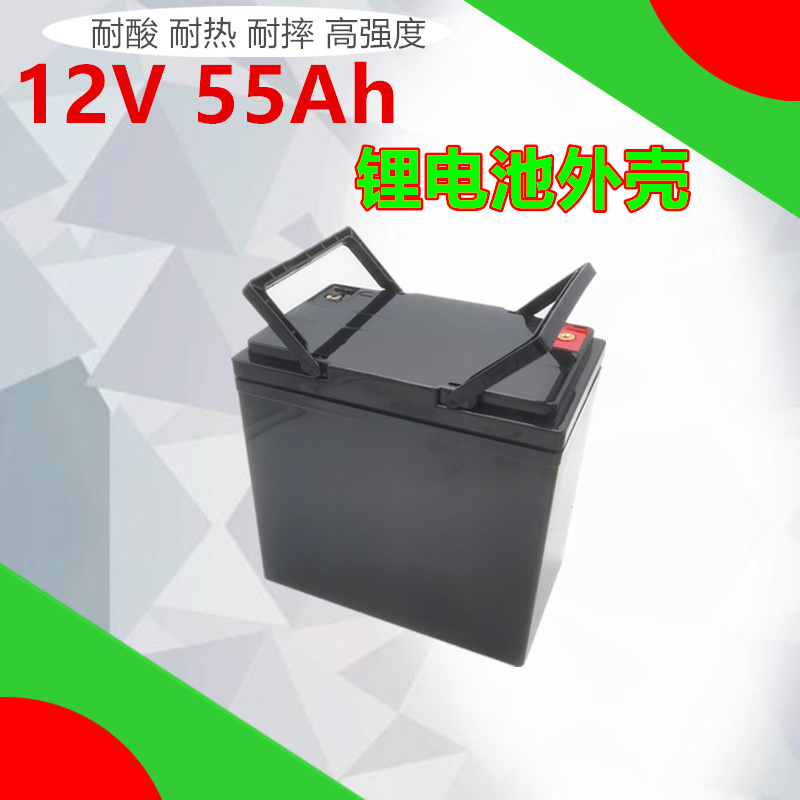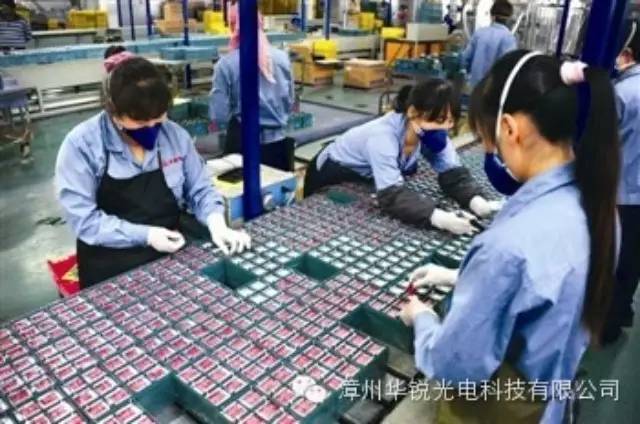
Lead battery consumption tax landing: the industry "can not bear the weight"
The long-discussed lead battery consumption tax boots landed, although the final confirmation of the one-year tax moratorium on lead battery products, but the industry still expressed concern. Even more believe that the lead battery consumption tax or the death of the industry's development of the "last straw." Is the battery consumption tax in line with the current development status of the industry? How convincing is the case for taxation? The author combs out the context of the event and tries to interpret the focus of the industry.
On January 26, 2015, the Ministry of Finance and the State Administration of Taxation jointly issued a document announcing that from February 1, a 4% consumption tax will be levied on batteries and coatings. Among them, mercury-free primary batteries, lithium primary batteries, nickel-metal hydride batteries, lithium-ion batteries, solar cells, fuel cells and vanadium flow batteries are exempt from consumption tax, and lead-acid batteries are temporarily exempt from consumption tax before December 31.
The qualitative controversy of lead-acid battery pollution still exists
The adjustment of the consumption tax policy is another "expansion" of the scope of consumption tax collection after the recent increase in the consumption tax on refined oil.
Consumption tax is a turnover tax levied on specific consumer goods in order to regulate consumption. For specific tax policies, the Third Plenary Session of the 18th Central Committee has clearly proposed to "expand the scope of taxation, including high pollution, high energy consumption, high-end consumer goods, luxury goods into the scope of consumption tax collection." Ordinary batteries can cause harm to the environment during production, use or disposal, so they also belong to this category.
In recent years, the state has continued to pay attention to the status quo of disorderly recycling of lead-acid batteries. The battery products exempted from consumption tax this time are energy-saving products, from this point of view, you can clearly understand the environmental original intention of the tax.
The original intention of the state to promote energy conservation and emission reduction and environmental governance is very much agreed with the industry, but at the same time, the industry generally believes that lead-acid batteries are not highly polluting products, and it seems unreasonable to levy battery consumption tax in the name of promoting environmental protection.
Due to the non-standard development of the industry in the past, many illegal small workshops produced in disorder, resulting in lead-acid batteries being put on the "pollution" hat for a long time. Since 2011, China's battery industry has blown up the "environmental storm", after environmental verification and "lead battery industry access conditions" audit, two-thirds of the battery companies have fallen into the sand, the remaining formal enterprises through technological innovation, environmental protection, now the industry production enterprises have been back on track.
At present, the pollution and disorder in the lead battery industry are mainly concentrated in the recycling process. But technically speaking, 95% of the raw materials in lead-acid batteries can be recycled now. Therefore, the industry believes that as long as the government makes great efforts to study and regulate recycling behaviors and strengthen law enforcement and supervision in the field of recycling, it will not cause pollution to the environment, but can truly achieve energy conservation and emission reduction, ecological development and market profits.
After more than 150 years of development, lead-acid battery technology is mature, safe and economic. At present, in the production and use of regular battery enterprises, there is no pollution to the environment. In terms of waste battery recycling, the United States, Japan, South Korea and other countries have standardized recycling processes, and will give subsidies to recycling enterprises or exempt them from certain taxes.
There are still hidden worries about the sustainable development of the industry under the compulsion
At present, the deep "severe winter" and the deep "anemia" period of lead-acid batteries, production enterprises have few small profits, general losses, and are unable to withstand consumption tax. At present, the national output value of more than 5 million yuan of lead-acid battery production enterprises about 200, from the enterprise annual report and sample research, small profit enterprises accounted for 32% of the industry, its profit margin of 1 ~ 2.5%; There were 136 loss-making enterprises, accounting for 68% of the whole industry, with a total loss of 1.05 billion yuan. Among them, the two leading enterprises in the industry, which account for 80% of the national power battery market share, Tianneng and Chaowei Group, respectively, lost 300 million yuan and 28 million yuan, accounting for about 31.75% of the total loss of the industry.
From the perspective of policy content, not all batteries are included in the scope of consumption tax collection. From the point of view of the current scope of taxation, the state mainly stands in the perspective of environmental protection, levied consumption tax on some polluting batteries, and exempted consumption tax on non-mercury primary batteries, metal hydride nickel batteries, lithium primary batteries, lithium ion batteries, solar cells, fuel cells and vanadium flow batteries. This also reflects the trend of the state to support environmental protection and promote the development of new energy batteries that meet the needs of industrial development.
For the lead battery industry, the consumption tax will increase the cost of enterprises to a certain extent, and enterprises may pass on the cost to consumers in the form of price increases. In the past, lead-acid batteries accounted for a relatively large share of the entire battery market, while the lithium battery market was relatively small. After the introduction of consumption tax, the price advantage of lead-acid batteries will be slightly reduced, which will also make new batteries such as lithium batteries more competitive in the market, promote market competition, and accelerate the industry reshuffle.
Due to the upgrading of technology and equipment of China's battery enterprises in recent years, increasing investment in environmental protection facilities and other reasons, corporate profits have been minimal, and net profits are even only about 1.5-3%. The introduction of battery consumption tax at a low profit is undoubtedly a blow to the entire industry. At present, there are about 2 million employees in the battery industry, and the future survival situation will be more severe.
At present, the main pollution sources of lead battery industry are still concentrated in informal small enterprises and small workshops, and there is also a large number of tax evasion in the business process. For some illegal small businesses, the collection of consumption tax is equivalent to artificially increasing the price difference between tax-exempt batteries and tax-included batteries, making their living space expand and industry concentration increase.
Therefore, the introduction of battery consumption tax will further squeeze the living space of regular enterprises, compared with small workshops, regular enterprises will be at a competitive disadvantage in price, and even the phenomenon of "bad money drives out good money".
There is an urgent need to restructure the public perception of the lead battery industry
The state collects consumption tax on the battery industry, more for environmental protection considerations. From the perspective of development, the original intention of not sacrificing resources and the environment is good. However, at present, most people still have a certain misunderstanding of the lead battery industry, which is a high-pollution industry.
In recent years, with the continuous development of technology, the emergence of advanced lead batteries such as winding batteries, carbon fiber batteries, and lead carbon batteries has improved the performance of lead batteries. These new lead-acid battery technologies are stable and reliable, will be an important way of energy storage in the future, and will also promote the application of new energy industry.
Since the promulgation of the "access conditions for lead battery industry" in 2012, the environmental protection level of China's lead battery industry has been significantly improved, through the renovation of environmental protection backward facilities, backward production capacity, plant site health protection distance does not meet the requirements, the survival of the fittest in the industry team is basically completed. The actual operation quality of China's lead battery industry has been in line with the international advanced standards, and the pollution problem of lead battery industry has been basically solved; After the lead-acid battery is scrapped, through recycling and smelting, more than 99% of the lead can be reused, and the annual regeneration of waste lead in China is about 1.5 million tons, accounting for about 30% of the annual lead consumption, which is in line with the concept of circular economy.
International developed countries have not levied consumption tax on lead-acid batteries, nor will lead-acid batteries be included in the pollution industry, and it is a recyclable green environmental protection industry supported by the government.
At the same time, lead batteries can be subdivided into many types, and the provisions of the tax do not distinguish between them. This has resulted in a lot of new research and development in recent years, with high-tech lead batteries, also need to pay 4% consumption tax. China's battery industry is undergoing a comprehensive transformation, if the full collection of consumption tax, the development of regular enterprises and the development of new battery products will form an obstacle.
In the process of collecting battery consumption tax, the state should be classified to collect new research and development products to encourage the development of advanced technology. At the same time, the management of informal enterprises should be strengthened to promote the healthy and orderly development of the battery industry.
The introduction of battery excise tax highlights the lack of legislation in the industry
With the economic development entering the new normal, the adjustment of industrial structure continues to increase, and some new industries and new industries have emerged one after another. In the process of transformation and upgrading, enterprises may enter some new fields and new business forms. Without perfect laws and regulations to regulate and constrain these emerging fields and industries, enterprises will not be able to successfully complete the transformation and upgrading.
Some people in the industry believe that the consumption tax on the battery industry is a typical example of the absence of legislation. Government departments should conduct administration in accordance with the law and take NPC legislation as the fundamental basis for administration. In the absence of legislation, a consumption tax on the battery industry will not be conducive to the development of the battery industry.
At the same time, the industry also believes that the collection of lead battery consumption tax is to solve environmental problems, should be included in the environmental law, not the scope of consumption tax policy.
In addition to the attention paid to the adjustment of the consumption tax policy, there is another issue that should also attract everyone's attention, that is, the process of tax legalization. A sound and reasonable tax system has been established, all taxation policies have been fixed in the form of laws, and the collection and administration procedures, collection scope and tax rates have been detailed.
From the perspective of legislative procedures, whether the Ministry of Finance, The State Council or the National People's Congress legislates, they must go through the steps of "scientific legislation, democratic legislation and open-door legislation". In order to implement these normative procedures, it is necessary to involve experts and the public, hold a symposium, publish the draft, discuss it for a period of time, and then decide whether it should be adjusted and how it should be adjusted, and collect the opinions of all parties for consideration.
After such a process, although the introduction of policies may be slower, they can better reflect public opinion and reflect public opinion. Policies will also be more scientific, easier to implement, more likely to be accepted by the public, and there will be less chance of wrong decisions. (Source: Battery China Network)
